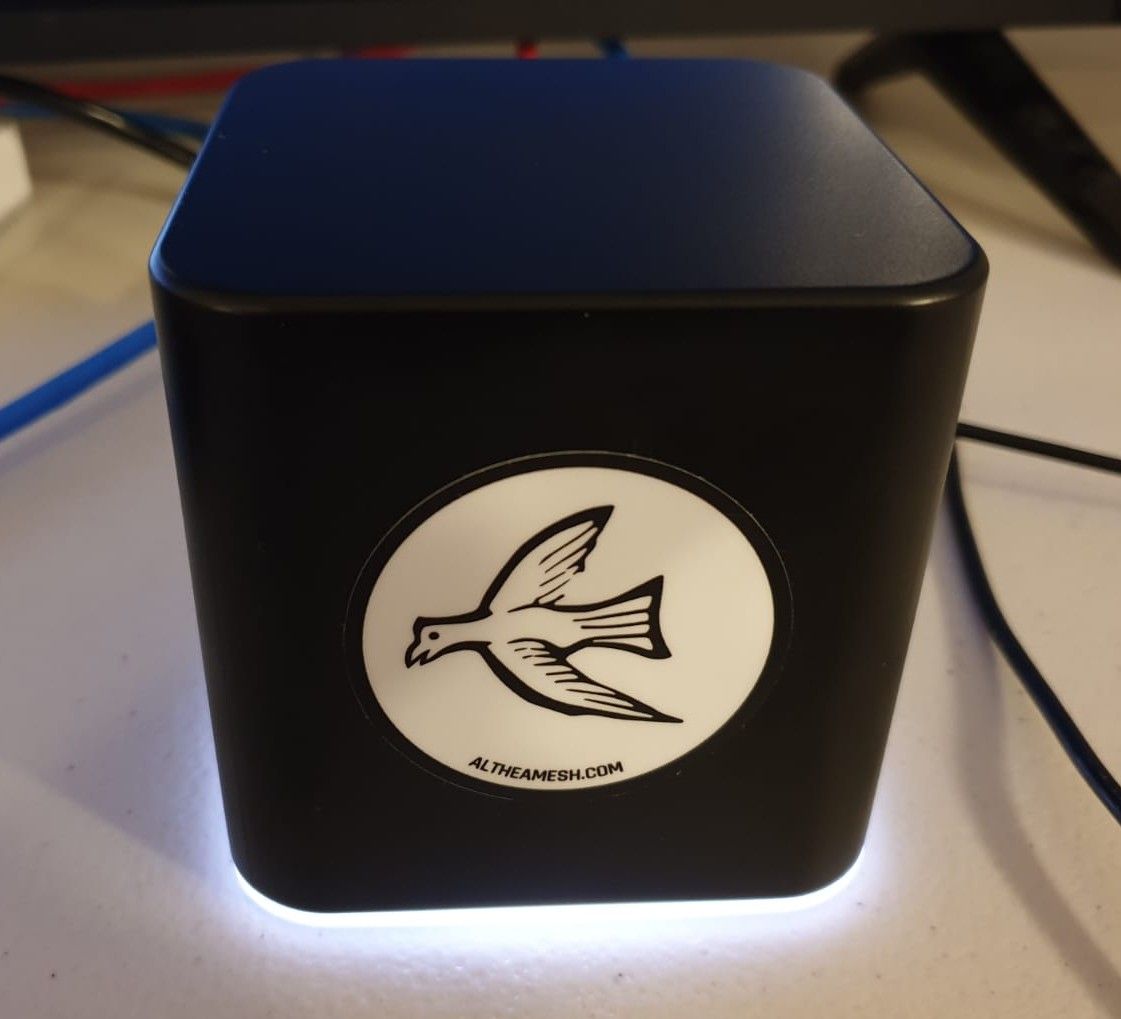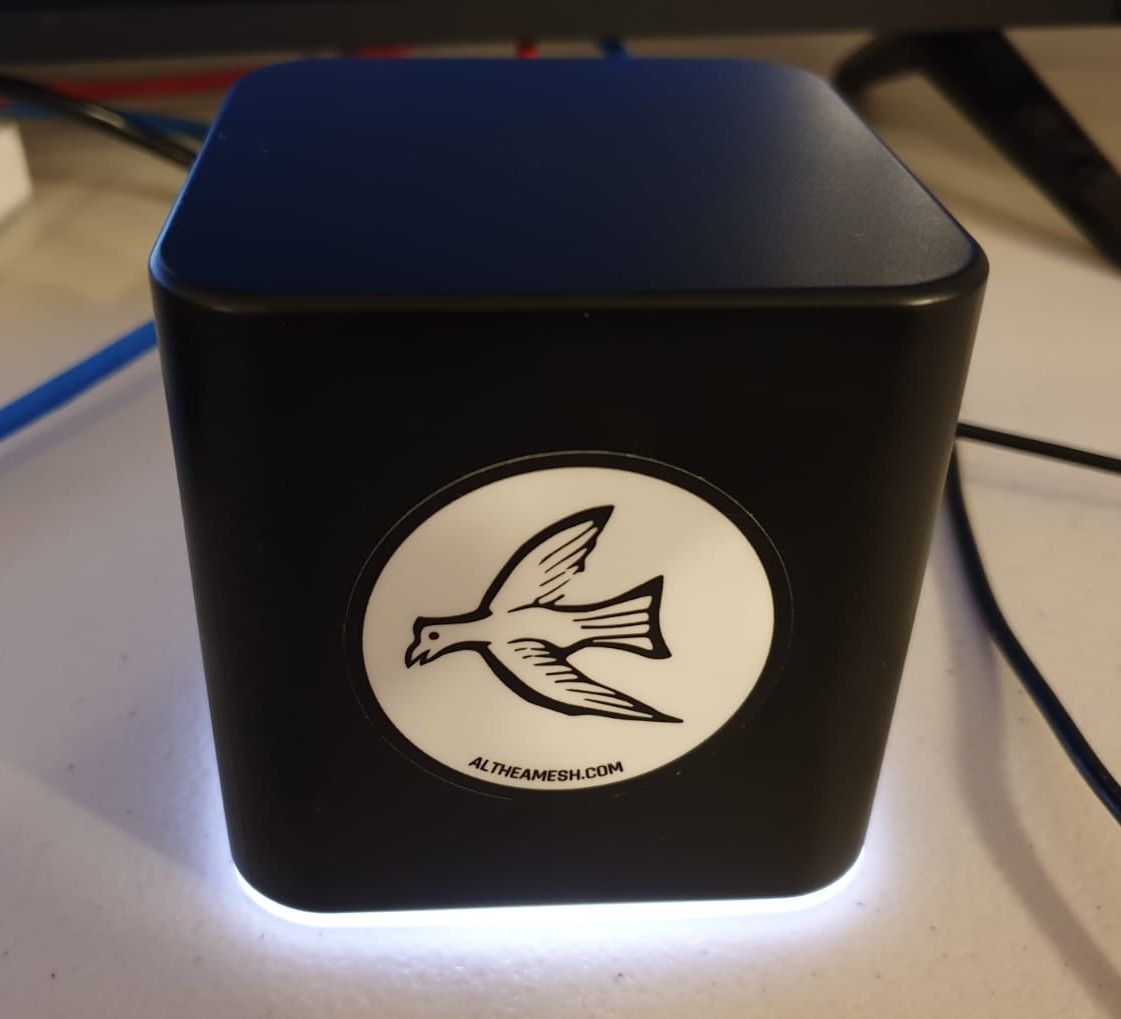Hardware hacking is good for business
Routers are, for all their specific quirks, just computers. Like your desktop, phone, or a server.


A couple of weeks ago I got a very small box in the mail. An 'airCube ISP' a new $30 home router offered by Ubiquiti. I unboxed it and about two hours later it was running Althea.
Phrased that way it sounds underwhelming. Lets dig in a little.
- Jailbreaking the firmware using the OpenWRT wiki. Ubiquiti signs each firmware with their RSA key, but by loading a specific config we can defeat the check.
- Identifying and downloading the correct source code to build a x86 -> MIPS cross compiler. Required to build code that will run on this devices processor.
- Cross buildng the Linux kernel and userspace for the MIPS cpu architecutre.
- Cross building the Althea billing software and assembling specific tweaks.
- Packaging all of this into a highly compressed image clocking in at a hair below 10mb.
- Flashing this image to NOR flash. Unlike the NAND flash you're used to NOR flash takes minutes to write, but is more robust for long periods of reads.
All of this was done via a script. Most of the two hours was sitting around browsing Reddit waiting for the system to finish compiling. This sort of tooling is increadible, it's easier to build a whole operating system from scratch for a random embedded device than it is to sort out the Javascript dependencies to build some web applications.
Now that a config has been added to our firmware builder new images and updates for this device will be produced automatically. When it comes time to deploy an update or build a new version I won't even need to consider this specific device. It just happens.
I chose the airCube here for a specific reason. It's very cheap, turns out it's processor is too weak for us to use in the developed world. So we're testing out how easy it is to order in the developing world.
It cost Ubiquiti millions of dollars and years to develop this hardware and setup this supply line, their hope is that the Ubiquiti backed management software on this device will tie more ISPs into their platform.
In the ISP world appliances are king. Networks are typically bespoke for each ISP and the complexity of making general purpose appliances combined with the low risk tolerence of ISPs mean that most networks are dependent on specific vendors for each class of appliance or component.
There is no app platform for managed switches or routers. Either the manufactuer provides a protocol or your done.
Once locked into the Ubiquiti ecosystem buying Linksys consumer routers would cripple an ISPs ability to manage those customers and potentially not even work properly if they don't provide the right features to tie into your specific networking architecture.
This is why Althea's approach is as radical as it is obvious. Routers are, for all their specific quirks, just computers. Like your desktop, phone, or a server.
All of those can run huge libraries of software via Linux, Windows, or Android. Ultimately open platforms eat any market in which they are available, because the value to the customer of flexbility is unquestionable.

